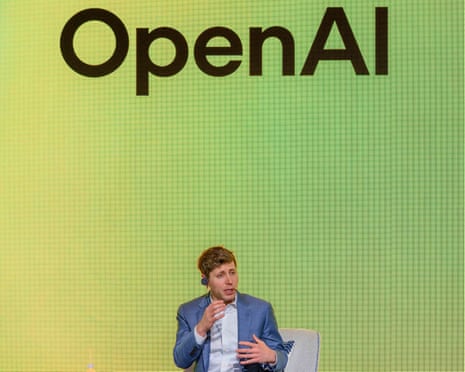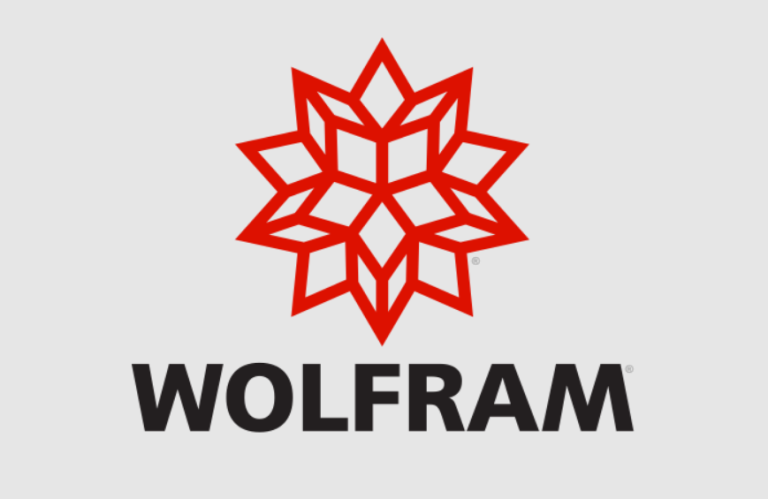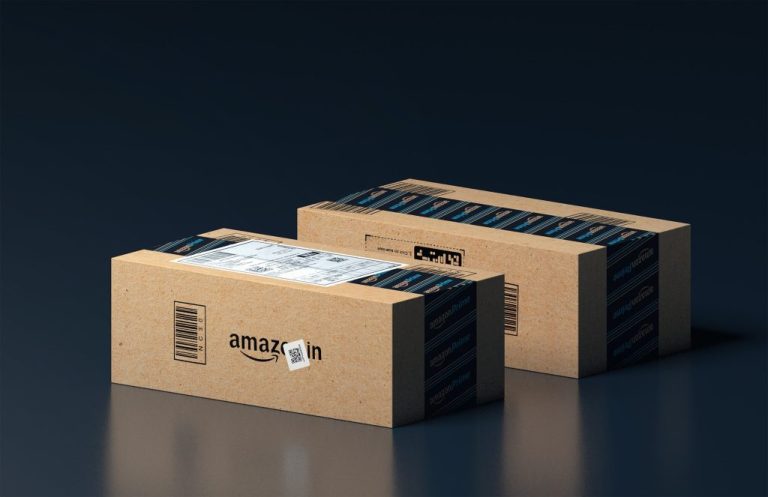OpenAI CEO Claims Meta Is Luring Talent with $100 Million Signing Bonuses
The CEO of OpenAI has asserted that Meta, led by Mark Zuckerberg, has attempted to lure away its top artificial intelligence talent with substantial signing bonuses reaching $100 million (£74 million), highlighting the fierce competition for skilled professionals in this rapidly expanding field. Sam Altman discussed these offers during a podcast on Tuesday, although they have not been officially confirmed by Meta. OpenAI, the organization behind ChatGPT, stated that there was no additional comment beyond its CEO’s remarks.
“They initiated these massive offers to many members of our team – $100 million signing bonuses, and even greater compensation annually,” Altman explained on the Uncapped podcast, hosted by his brother, Joel. “It’s outrageous. I’m genuinely pleased that, up to now, none of our top talent have opted to accept these offers.” He further noted that the strategy of presenting large upfront compensation to entice individuals to join may not foster a positive company culture, as it appears the focus is on monetary gain rather than the work itself or the mission at hand.
Recently, Meta unveiled a $15 billion initiative to develop “super-intelligence” – an enhanced form of AI that can outperform humans across all tasks. Furthermore, Meta gained a significant stake in Scale AI, a $29 billion startup founded by 28-year-old programmer Alexandr Wang, part of a strategic acquisition.
Silicon Valley venture capitalist Deedy Das shared on Twitter that the competition for AI talent has become “absolutely ridiculous.” As a principal at Menlo Ventures, Das remarked that despite offering salaries of around $2 million a year, Meta has been struggling to keep AI candidates from moving to competing firms.
Another recent report indicated that Anthropic, an AI company backed by Amazon and Google and founded by former engineers from OpenAI, has been actively recruiting top talent from its two primary competitors: OpenAI and DeepMind. The ongoing pursuit of elite developers is intensifying alongside swift advancements in AI technology, with many firms racing to achieve artificial general intelligence, which denotes human-level AI capabilities.
Expenditures on hardware are also escalating, with estimates from the Carlyle Group suggesting that $1.8 trillion could be invested in computing power by 2030 – a figure exceeding Australia’s annual gross domestic product. In a bid to secure the best talent, some tech companies have resorted to acquiring entire organizations, as evidenced by Meta’s partnership with Scale AI and Google’s $2.7 billion investment in Character.AI last year.
Although Meta was originally established as a social media platform and OpenAI began as a non-profit before transitioning to a for-profit entity last year, they now find themselves in competition. Altman conveyed on his brother’s podcast that he doubts Meta will thrive in its AI endeavors, asserting, “I don’t think they’re a company that excels at innovation.” He recalled Zuckerberg’s belief that it made sense for Google to explore social media development in Facebook’s early days, but that many at Facebook recognized it wouldn’t succeed.
Altman expressed a similar sentiment regarding Meta’s AI efforts. Despite the substantial financial commitments in the sector, Altman suggested that the outcome may be, “we build legitimate superintelligence, and it doesn’t improve the world significantly [and] doesn’t create as much change as anticipated.” He added, “You can have this remarkable entity performing outstanding tasks for you while your daily life remains largely unchanged.” Altman believes that the most significant impact within the next five to ten years could emerge from AI’s potential to make groundbreaking scientific discoveries, a claim he acknowledges as bold but true. If realized, he anticipates that these advancements will overshadow all other achievements in the AI domain.






